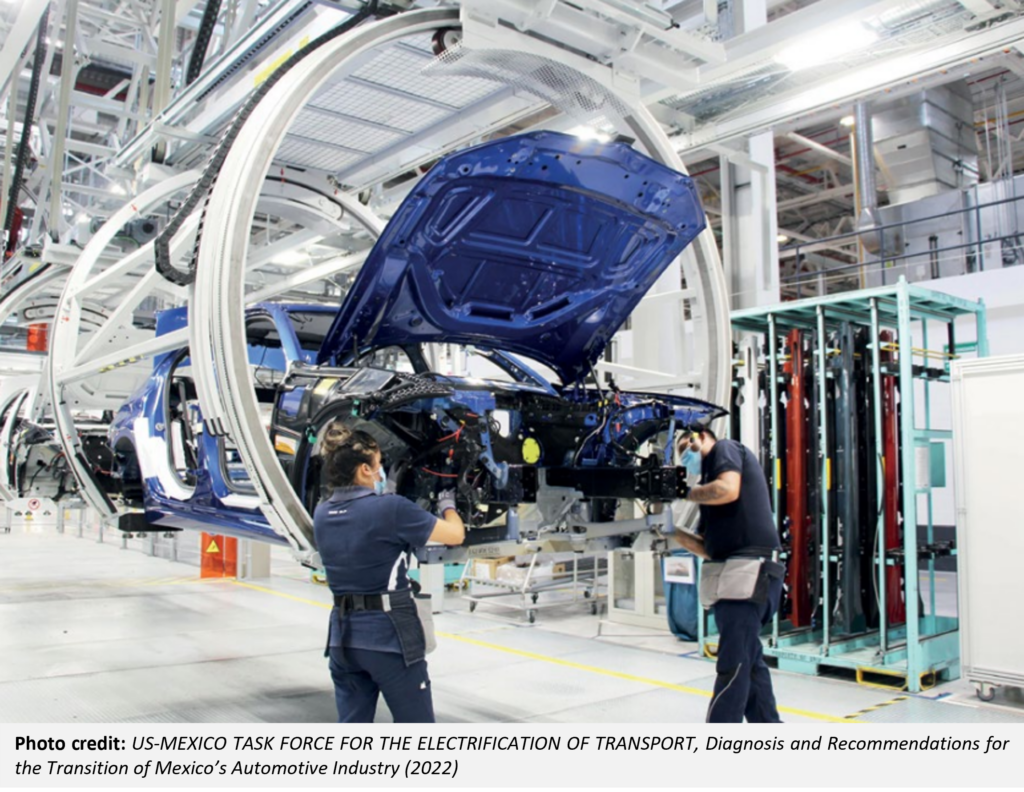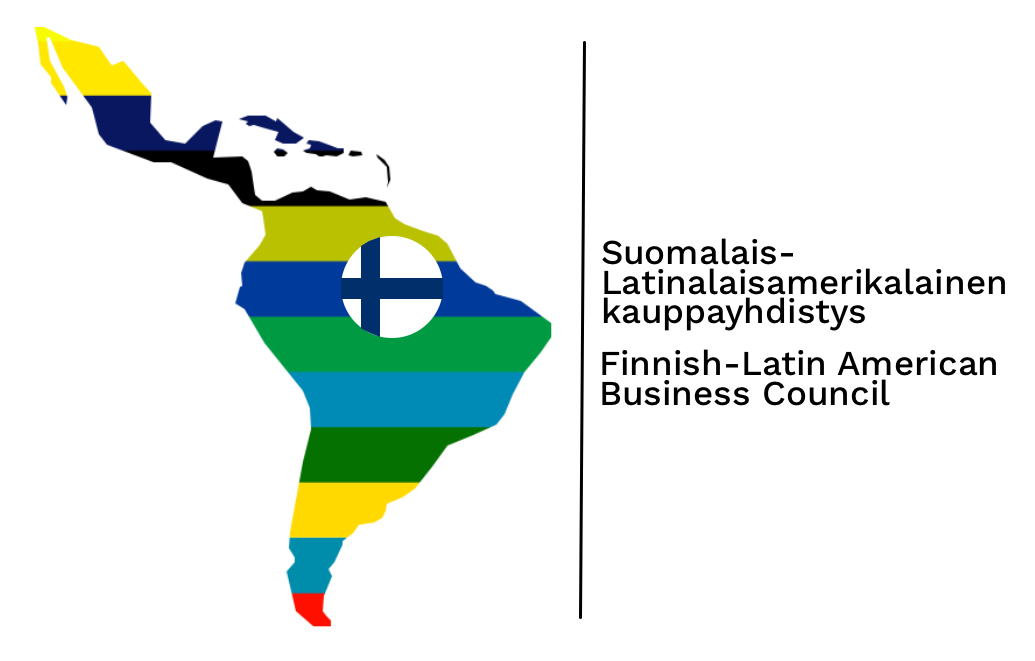Mexico’s Automotive Industry Transition to Electromobility: Investment Opportunities
Enrique Rojo,
Ambassador of Mexico in Finland
Mexico has been a leader in the global automotive industry for almost three decades. According to the International Organization of Motor Vehicle Manufacturers (OICA) 2021 report, Mexico is currently the 4th largest world exporter and 7th largest vehicle manufacturer. It is also the largest vehicle manufacturer in Latin America, producing about 3 million vehicles each year. Around 91% of Mexico’s vehicle production is exported, mainly to the United States and Canada.
The automotive industry contributes 3.0% to Mexico’s total gross domestic product (GDP) and 16.0% to the country’s manufacturing GDP. In the past five years, the automotive and auto parts industry in Mexico has received USD 26.5 billion in foreign direct investment. At least a dozen well-known international automakers are established in Mexico.
On February 1, 2023, the Ministry of Foreign Affairs presented a report on recommendations for Mexico’s transition to electromobility. The report was redacted by the U.S.-Mexico Task Force for the Electrification of Transport. It is a roadmap for Mexico to step up the manufacturing of renewable energy vehicles. This industrial policy redefinition is a significant part of the commitments made by Mexico at the 2022 United Nations Climate Change Conference, where it pledged to reduce greenhouse gas emissions by up to 35% by 2030 and speed up the transition to renewable energy.

The automotive industry has been instrumental in the economic development of Mexico and the North American region. It is the industry with the largest trade exchange for Mexico, the United States, and Canada. It played a key role during the 1994 negotiations for the North American Free Trade Agreement (NAFTA). And again, for the modernized U.S.-Mexico-Canada Agreement (USMCA) that came into effect on July 1, 2020. The new agreement has several changes to manufacturing and labor standards, and the rules of origin for the region’s automotive sector.
Public policies and business strategies to accelerate the adoption of zero-emission vehicles in Mexico represent investment opportunities, among others, for automotive parts, innovation and technology, and the development of a charging station infrastructure. Mexico is already attracting investments due to its competitive advantage in the North American electric vehicle supply chain, with six global companies currently manufacturing electric vehicles and seven more hybrids. In March 2023, Tesla announced a USD 5 billion investment in a gigafactory in Mexico’s northern border state of Nuevo Leon, which is set to become the largest electric vehicle plant in the world. The BMW Group is also investing millions to launch its plant in the State of San Luis Potosí, and other global companies have announced ambitious projects in Mexico. In total, foreign investments in the sector could reach close to USD 12 billion in the near future.
The transition towards electromobility is expanding in different regions of the world. Electric cars are becoming increasingly popular in China and Europe and could help decarbonize the road transport sector, which accounts for 16% of global emissions, according to the International Energy Agency (IEA). Demand for Lithium-ion (Li-ion) batteries, the dominant technology for electric vehicles, is also expected to grow over the next decade.
The industrial conversion towards electromobility will require inputs, technology, and training, which will generate investment and business opportunities for Finnish companies looking to move operations from other markets to North America.
Mexico also seeks to promote investments and technology transfer in the production of lithium batteries, extracted from Mexican deposits. This represents another strategic area of opportunity for Finnish companies looking to participate in the development of a sustainable battery industry for Mexico and the North American automotive industry.
Investing in Mexico’s electromobility sector presents an opportunity to take advantage of the country’s comparative advantages, including a vibrant and growing economy, membership in the USMCA —the North American free trade agreement—, which groups 490 million people and accounts for 33% of world consumption, and its position in one of the most dynamic economic regions in the world for production, services, and international trade.
In addition, Mexico has put forward an ambitious program including fiscal incentives to attract foreign investment through the relocation of global companies willing to bring their production to Mexico. Some of the key sectors that can benefit from these measures are semiconductors, automotive (especially electromobility), electrical, and electronics, among others.
Mexico has proven to be a reliable partner for productive investment projects, particularly in the export and technology sectors. The energy transition and electromobility will provide attractive opportunities for Finnish investors and companies seeking to make their supply chains more resilient and tap into dynamic and stable markets.
***


